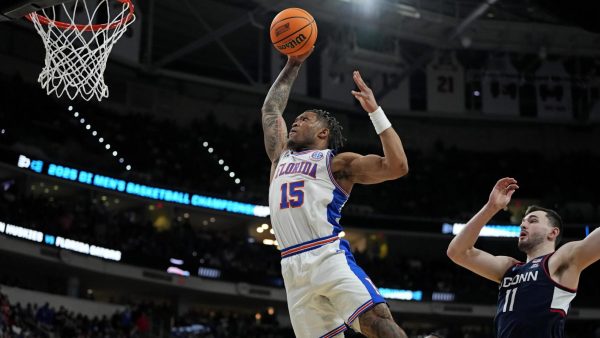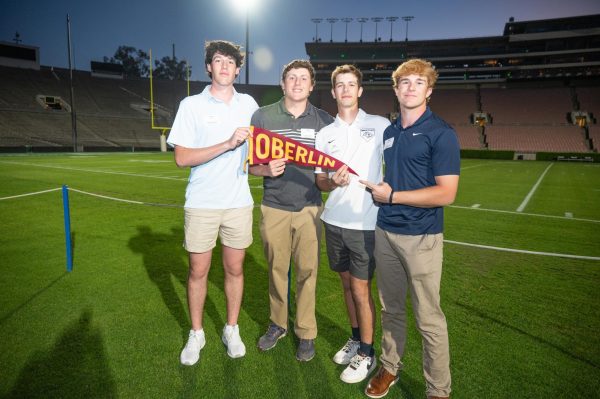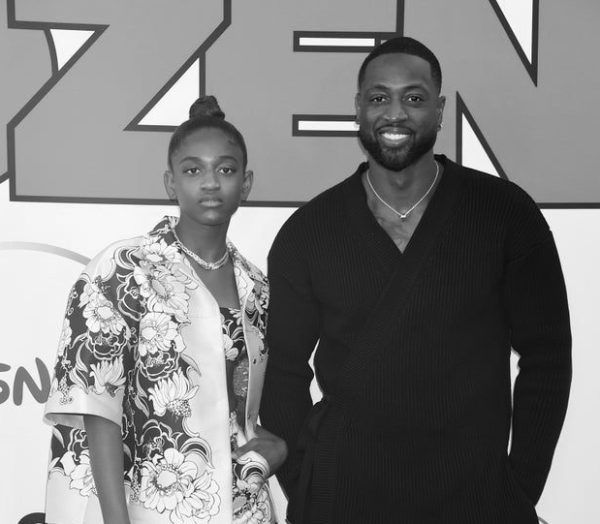NBA Struggles to Face China
The NBA season’s tip-off, as per usual, did not come without controversy. Heated discourse overpowered the start of the regular season after Houston Rockets General Manager Daryl Morey tweeted his support of protesters in Hong Kong. While the initial drama has faded, NBA officials, players, and fans alike are still waiting to see how the narrative will unfold throughout the season. From NBA superstars like LeBron James to the current inhabitant of the Oval Office, everyone has chimed in on how the NBA should handle its relationship with China in light of the violent Hong Kong protests.
Protests in Hong Kong have been ensuing since June in reaction to a proposal to repatriate Hong Kong to mainland China. Hong Kong — a former British Colony — has had more political autonomy than its mainland counterpart since returning to Chinese rule in 1997, including different legal and judicial systems. Additionally, the Chinese government has been censoring coverage of the Hong Kong protests, filtering and blocking any internet content that supports them, as well as raiding the offices of accused offenders in order to obtain their computers.
The repatriation has been suspended indefinitely in light of the protests, which have resulted in physical aggression between protesters and the police, and more than 1,000 injuries treated in hospitals.
NBA Hall of Famers Charles Barkley and Shaquille O’Neal both weighed-in on the issue on Tuesday during their talk show Inside the NBA on TNT.
“Vice President Pence needs to shut the hell up,” Barkley said. “I think it’s unfair for [the United States Government] to do all their business in China, and just because this thing happened, try to make the NBA and our players look bad. All American companies do business in China. Period.”
Barkley and O’Neal continued going back and forth, defending either side of the NBA’s dilemma. Barkley tried to highlight the NBA’s right to protect the massive amounts of money they make per year in the Chinese market, saying that most other American companies have already done the same.
O’Neal thought Morey had every right to express his opinion, especially considering the severity of the conflicts in Hong Kong. Many fans have sided with O’Neal, asserting that profit should not come before addressing the violation of human rights.
China’s population of 1.4 billion represents an incredibly lucrative market. For Nike — the NBA’s exclusive apparel provider — China is expected to be the largest retail market in the world by the end of the year, and it boasts tens of millions of basketball fans and accounts for 10 percent of NBA revenue. Additionally, Nike has pulled all Houston Rockets merchandise — made popular by Chinese basketball phenomenon Yao Ming — from all Chinese retail locations. For both Nike and the NBA, the issue has forced fans to reconsider both the NBA and Nike’s politically salient decisions in the past.
NBA fans often look at stars such as Stephen Curry and LeBron James with pride for calling out President Trump throughout his tenure. Meanwhile, Nike is just a year removed from their now-famous Colin Kaepernick campaign after his ostracism from the NFL. No matter where either company goes from here, how they’ve handled their relationship with the Chinese government so far will certainly force fans to look at their activism in a new light.
LeBron James, who received flak for suggesting that Morey was “misinformed” before sending out his tweet, is one of the many players that benefits from both the NBA and Nike’s immense presence in the Chinese market. In 2015, he signed a lifetime contract with Nike that guaranteed over $1 billion by the time he is 64 years old. Therefore, James’ comment was likely reflective of his own business ventures in China, rather than Morey’s knowledge of the unrest in Hong Kong.
Moving forward, the NBA and China’s relationship is still muddled. Commissioner Adam Silver suggested that the Chinese government demanded that the Rockets fire Morey, which he said they would not do. The Chinese government denies this, and has already canceled exhibition games in China.
While the NBA seems to be in for the most competitive season in recent memory, the league should consider taking greater measures to live up to its comparatively progressive image if it wants to save itself from the hypocrisy that other leagues, like the NFL and MLB, have been accused of in the wake of globalization.





